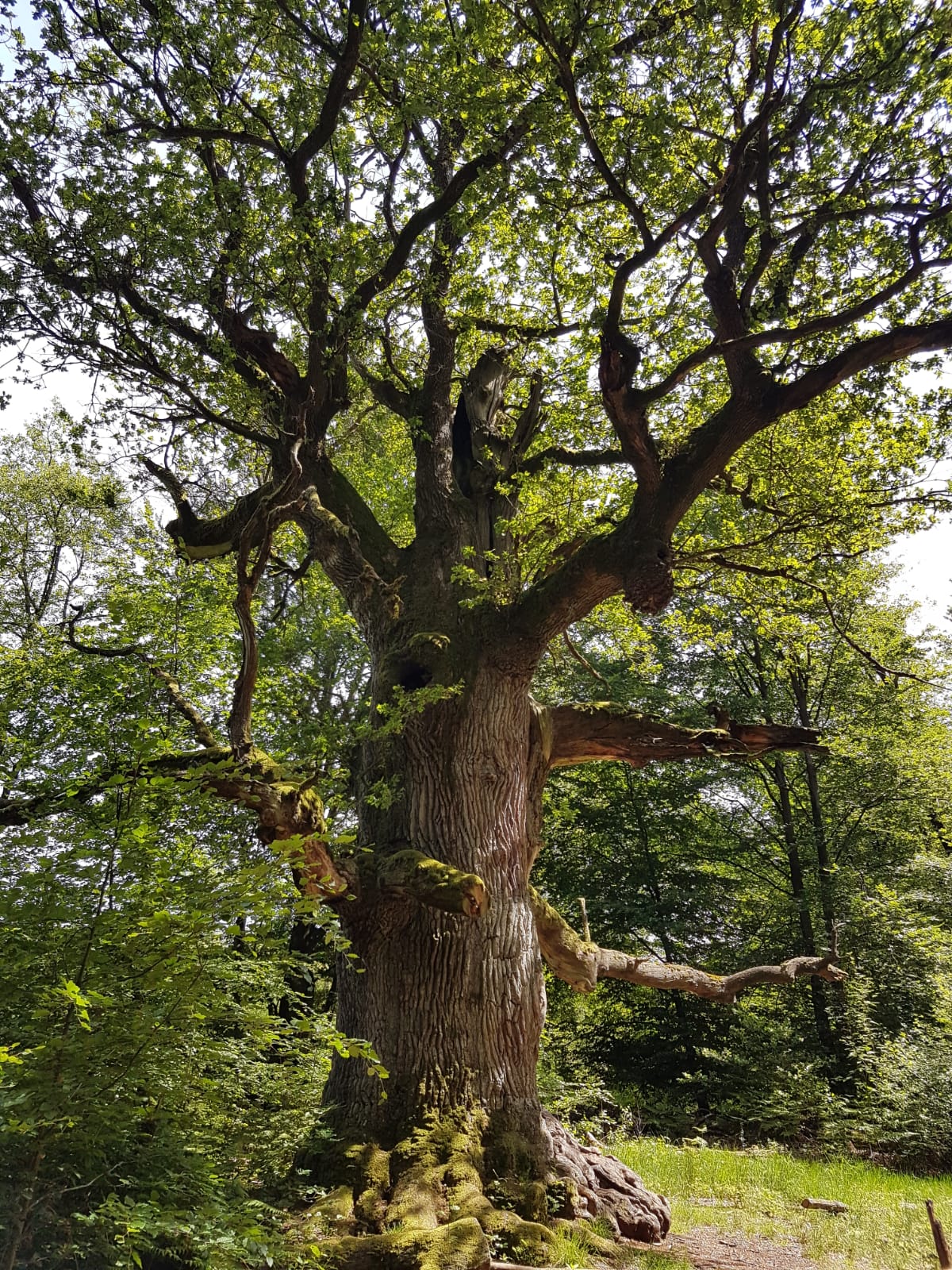Sounds simple and plausible and yet is so full of prerequisites. We often don’t even realize that we are actually doing this and how we are doing it: bringing the past to life again and again in the here and now.
How come? Many of our situation assessments, decisions and actions take place unconsciously. They were useful in earlier situations because they secured something for us, e.g. our belonging, our safety or even our survival. They have become second nature to us. We have forgotten, so to speak, why we do things or miss out on them or fail to recognize the point at which we can make a different decision.
Recognizing how and what we are holding on to or keeping alive is important and a further step towards enabling change. When we become aware of the meaningfulness of the supposedly pointless clinging to the past, we can recognize whether we have the inner freedom to let go or what we are still lacking.
This is also highly relevant for organizations. Unconsciously adopted empirical values from the past often mean that decision-makers are not aware of the current options or are not aware of them as fully as would be possible or useful.
Photo: G. Kollum
